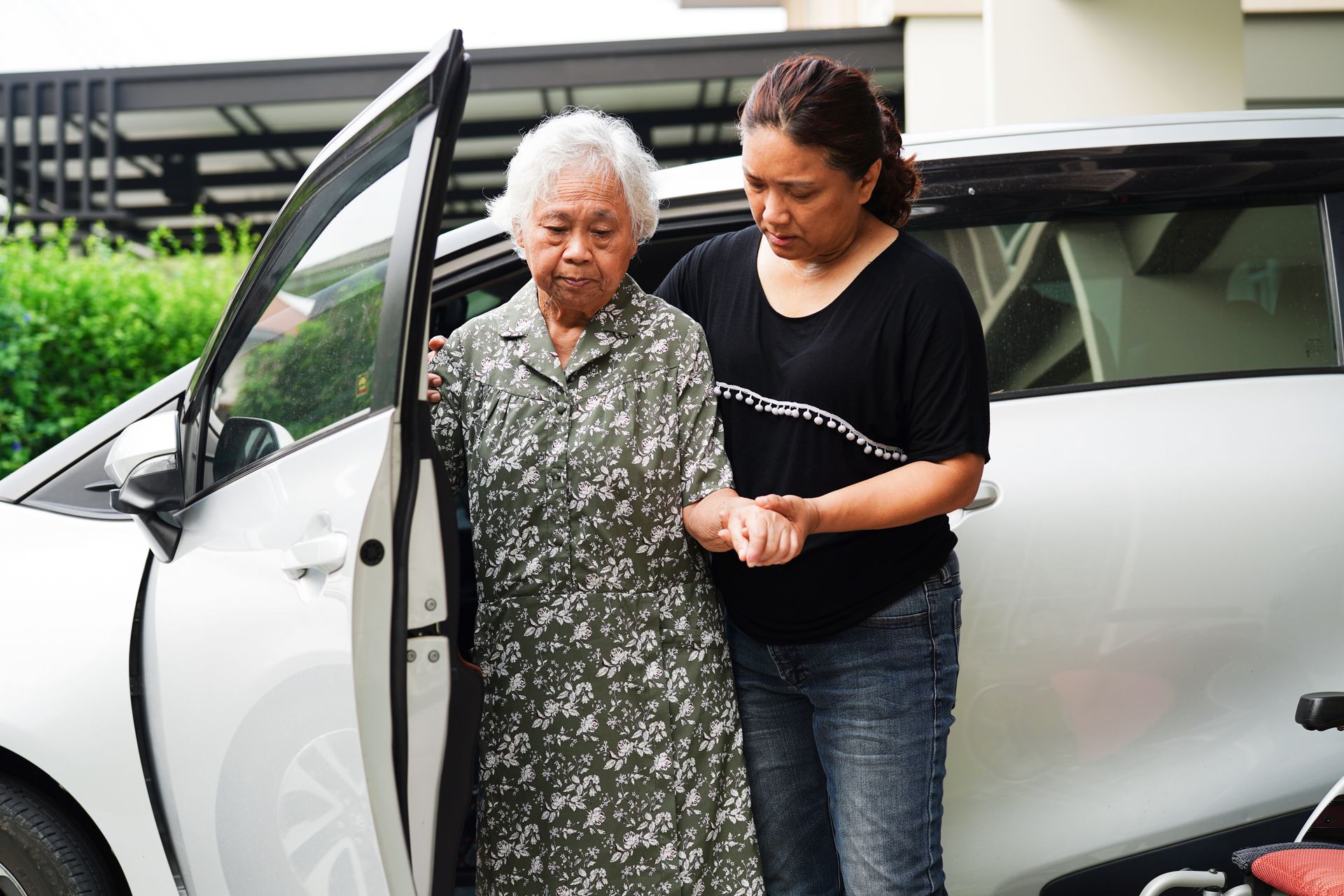February 4, 2026
Why Your Child’s Individual Learning Plan Meeting Matters – And How to Be Ready If your child has an Individual Learning Plan (ILP), you’ve probably heard about the upcoming meeting with their school. These meetings aren’t just a formality—they’re a vital opportunity to ensure your child gets the support they need to thrive. Why Are ILP Meetings Important? In Australian schools, ILPs are designed to provide tailored strategies for students who need additional support—whether for learning difficulties, disabilities, or unique educational needs. The meeting brings together teachers, parents, and sometimes specialists to review progress, set goals, and agree on adjustments. It’s your chance to have a voice in your child’s education and make sure their plan reflects their strengths and challenges. What Should You Expect? Schools are expected to involve families in the ILP process. This means you’ll be asked to share insights about your child, discuss what’s working, and raise any concerns. But these meetings can feel overwhelming if you’re not sure what to say—or what to ask. We’ve Got You Covered To help you feel confident and prepared, we’ve created a FREE guide that walks you through everything you need to know before the meeting. Inside, you’ll find: How to prepare effectively so you walk in feeling informed and ready. Key questions to ask to make sure your child’s needs are fully understood. Tips for collaborating with the school and advocating for your child in a positive, constructive way. This guide is practical, easy to follow, and designed to help you make the most of this important opportunity. ✅ Download your free guide today and take the stress out of ILP meetings.








